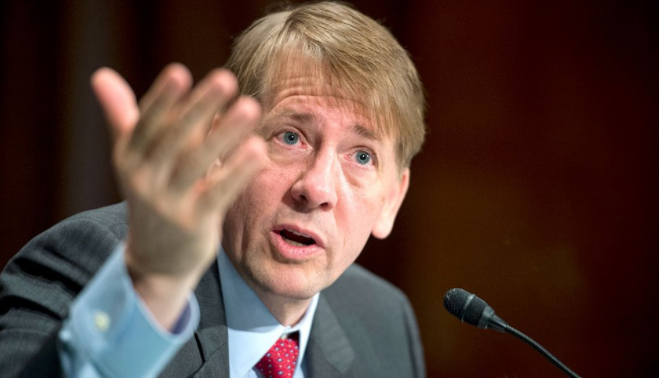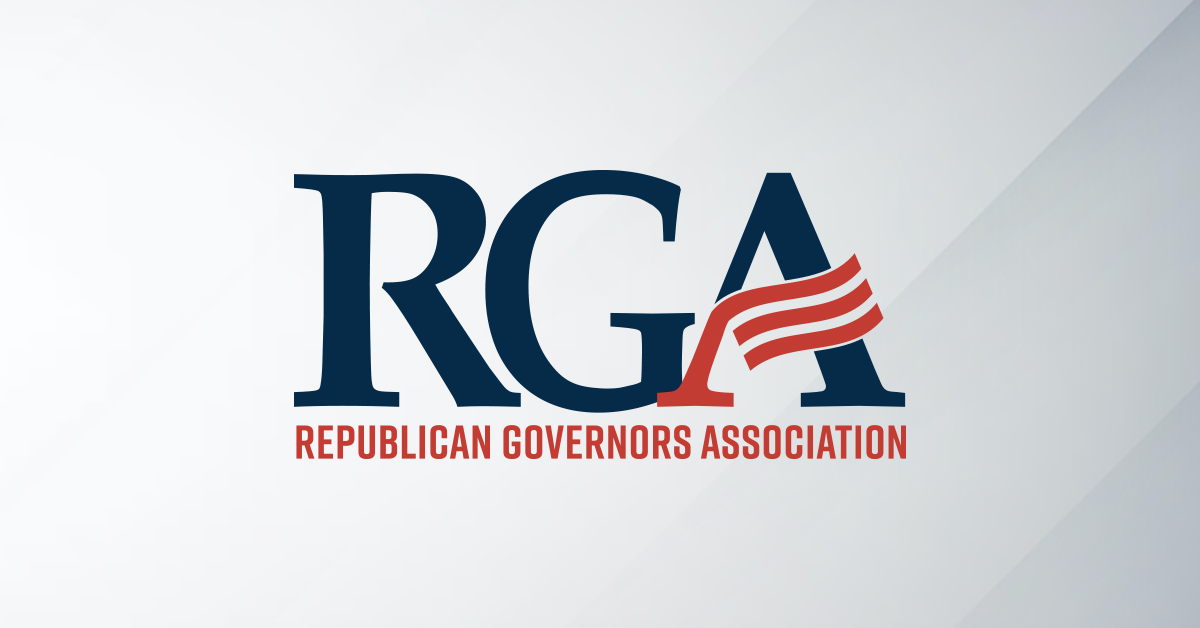
Washington D.C. Bureaucrat Richard Cordray’s scandal-plagued tenure as head of the Consumer Financial Protection Bureau remains a drag on his campaign for Ohio’s highest office. A new Washington Examiner column describes how Cordray has been cashing in on groups that benefited from the CFPB’s policies while he was the bureau’s director, and how his actions were taken only “to cultivate favor from liberal activists” and that “his campaign has reaped the rewards” in fundraising for his overreaching management of the bureau. Instead of doing his job and looking out for consumers, Cordray was too busy building relationships with liberal donors and activists so that he could further his own political ambitions.
As Ohio voters learn more about Cordray’s history of mismanagement of the CFPB, his scandal-plagued record will only undermine his chances of winning.
Jeff Joseph writes in the Washington Examiner:
“After years atop the Consumer Financial Protection Bureau, Richard Cordray is busy courting liberal donors for his Ohio gubernatorial bid.
New filings show Cordray has raised $2 million since August — the highest mark among Ohio Democrats running for the May primary election. He has managed this by courting donors who either benefitted from the regulations he introduced in Washington, D.C. or who will benefit from his election. All you have to do is follow the money.
For years, the agency picked winners and losers through a bevy of financial regulations, benefitting certain industries at the expense of others. Since its inception, the CFPB has issued well over $5 billion in penalties, punishing a wide variety of companies in the name of ‘consumer protection.’
For example, Cordray’s CFPB targeted prepaid card companies that charge overdraft fees — one way to stay afloat in a competitive industry — to presumably level the playing field for consumers. When it goes into effect next year, the agency’s “prepaid card rule” will slow down the sign-up process by giving customers a 30-day waiting period before agreeing to overdraft features.
A clear winner from this policy was Green Dot CEO Steve Streit, who recently donated more than $12,000 to Cordray’s campaign. It seems prepaid card companies that don’t charge overdraft fees will face diminished competition because of the prepaid rule. So, it’s not surprising that, when the prepaid rule was finalized in 2016, the Green Dot CEO issued the following statement: ‘We fully support the CFPB’s mission to ensure fairness, integrity, and consumer protections for all participants in the financial system.
The Cordray campaign also received countless donations from attorneys, many of whom benefit from the CFPB’s arbitration rule proposed in recent years. The arbitration rule sought to expand class-action lawsuits, which can gift trial lawyers millions of dollars in legal fees. And there’s more: Cordray’s campaign scored a $2,500 contribution from David Stevens, CEO of the Mortgage Bankers Association, who represents mortgage lenders long regulated by the CFPB.
It’s also no surprise that the Center for Responsible Lending’s president, Mike Calhoun, donated $2,500 to Cordray’s gubernatorial campaign. CRL is perhaps the payday industry’s fiercest critic, accusing lenders of ‘mak[ing] loans without regard to the borrower’s ability to repay’ — echoing the CFPB’s skewed talking points. (For the record, more than 90 percent of payday advances are repaid when due.)
Payday lenders were especially targeted by federal regulators, who misleadingly claimed the payday industry charged 400 percent interest rates to leave Americans in a ‘debt trap.’ In reality, anyone who borrows money from any source can get themselves in trouble, but an average two-week payday loan of $100 carries a $15 finance fee, which many low-income individuals willingly pay to secure much-needed credit. For the nearly 60 percent of Americans who can’t cover an unexpected $500 expense, a payday loan can mean the difference between paying rent and fixing a car, and failing to do so.
Cordray’s CFPB vilified payday lenders in order to cultivate favor from liberal activists. Under his watch, the agency issued the infamous ‘payday rule,’ which would effectively slow down the payday transaction process and block low-income Americans from the loans they desperately need. And his campaign has reaped the rewards.
The bottom line is this: While Cordray claims to focus on “kitchen table issues that keep families up at night,” he’s just a typical self-interested politician who has made a career of leveraging his regulatory power and self-interest for political gain.”





See the latest videos from RGA
Watch our videosHappy Independence Day!
Always proud to be an American!🇺🇸 https://x.com/GOPGovs/status/1941089615127163218/video/1
I want to congratulate @POTUS, Senators @berniemoreno and @SenJonHusted, and Ohio’s Congressional delegation for today e…
Follow RGA on Twitter
Follow RGA on Facebook